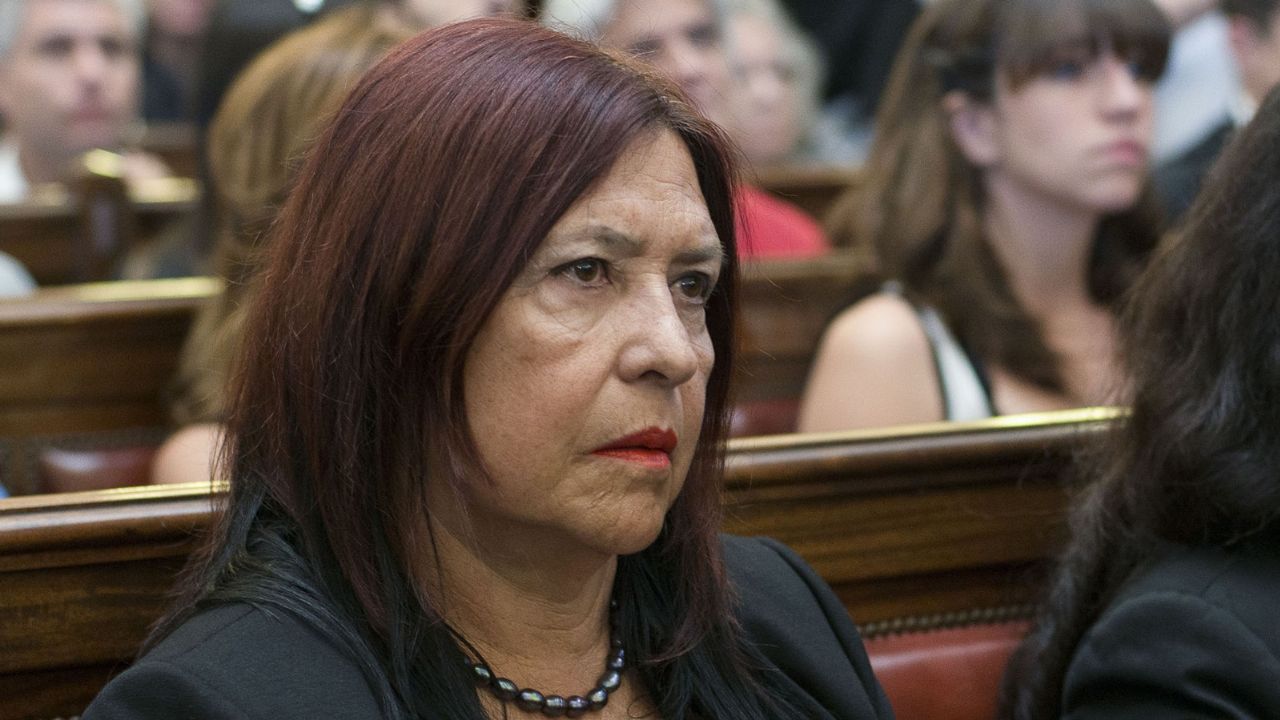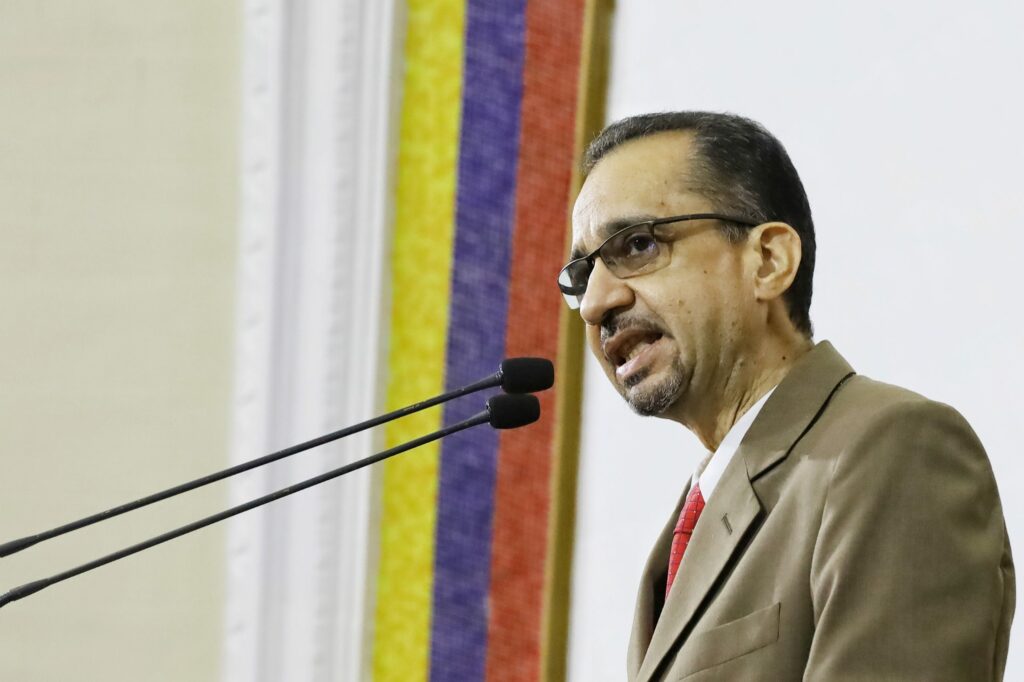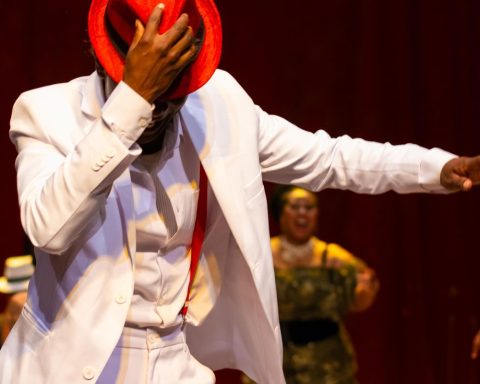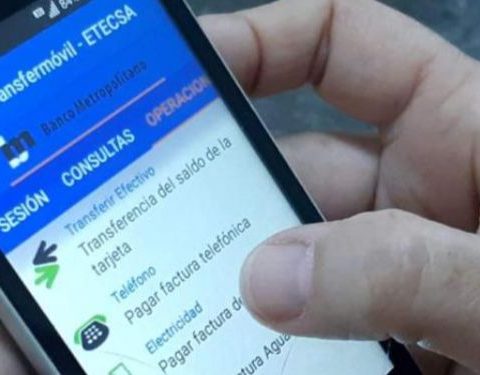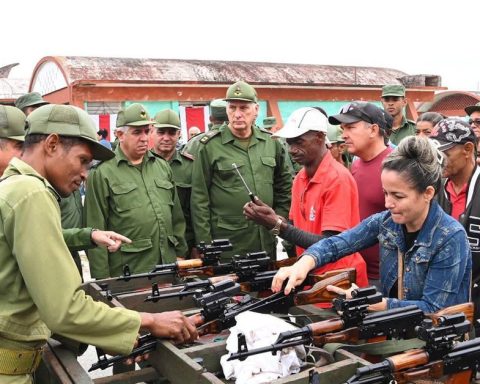Ana Maria Figueroa, judge and author of the book “Gender law: violence against women, human trafficking” was elected as the new president of the Federal Chamber of Criminal Cassation, which is the highest court only below the Supreme Court of Justice.
The judge Ana Maria Figueroa will replace Alejandro Slokar, who will return to Room II to integrate it together with the judges, Jacobucci and Angela Ledesma. The judge elected by vote of her colleagues he will turn 75 next year, which is the age limit to practice as a judge in our country, this limit can be extended, but it requires the approval of the Senate. The process to extend his work requires a year in advance, so, since it was not presented, it is presumed that he will work until next August.
Ana Maria Figueroa She is a Doctor in Law and in Legal and Social Sciences, however, before becoming a Cassation Judge in 2011, she was a professor of Constitutional Law at the National University of Rosario and, in turn, practiced as a lawyer. She is part of the Association of Magistrates and supports the Celeste list, which historically has positions on its subject closer to Kirchnerism.
The new president of the Criminal Cassation she was vice president of the Highest Criminal Court and achieved consensus to become president. Borinsky, Javier Carbajo, Gustavo Hornos, Angela Ledesma, Slokar, Eduardo Riggi, Juan Carlos Gemignani and her own vote voted for her. The magistrates Carlos Mahiques, Diego Barroetaveña and Guillermo Yacobucci opposed the appointment. For his part, Judge Petrone abstained from voting.

Figueroa’s inauguration will take place on January 1, 2023 and the Cassation rooms for that year will be as follows: Room I with Barroetaveña, Petrone and Mahiques; Room II with Ledesma, Slokar and Yacobucci; Room III with Riggi, Gemignani and Borinsky as surrogate; and Room IV with Hornos Carbajo and Borinsky.
The most relevant causes
Ana María Figueroa must address, among others, political causes such as the Hotesur y los Sauces case against Vice President Cristina Fernández de Kirchner, who was sentenced to six years in prison and disqualified for life from holding public office, but for it to come true the accusation would need to be firm.

It should also deal with the signing of the Memorandum with Iran. Because in the two cases mentioned, Judge Figueroa participated in the hearings with prosecutors and lawyers, the judge can vote on those files. The review of the acquittal of the businessmen Cristóbal López and Fabián de Sousa in the case of tax withholding by Oil Combustibles should also be seen.
